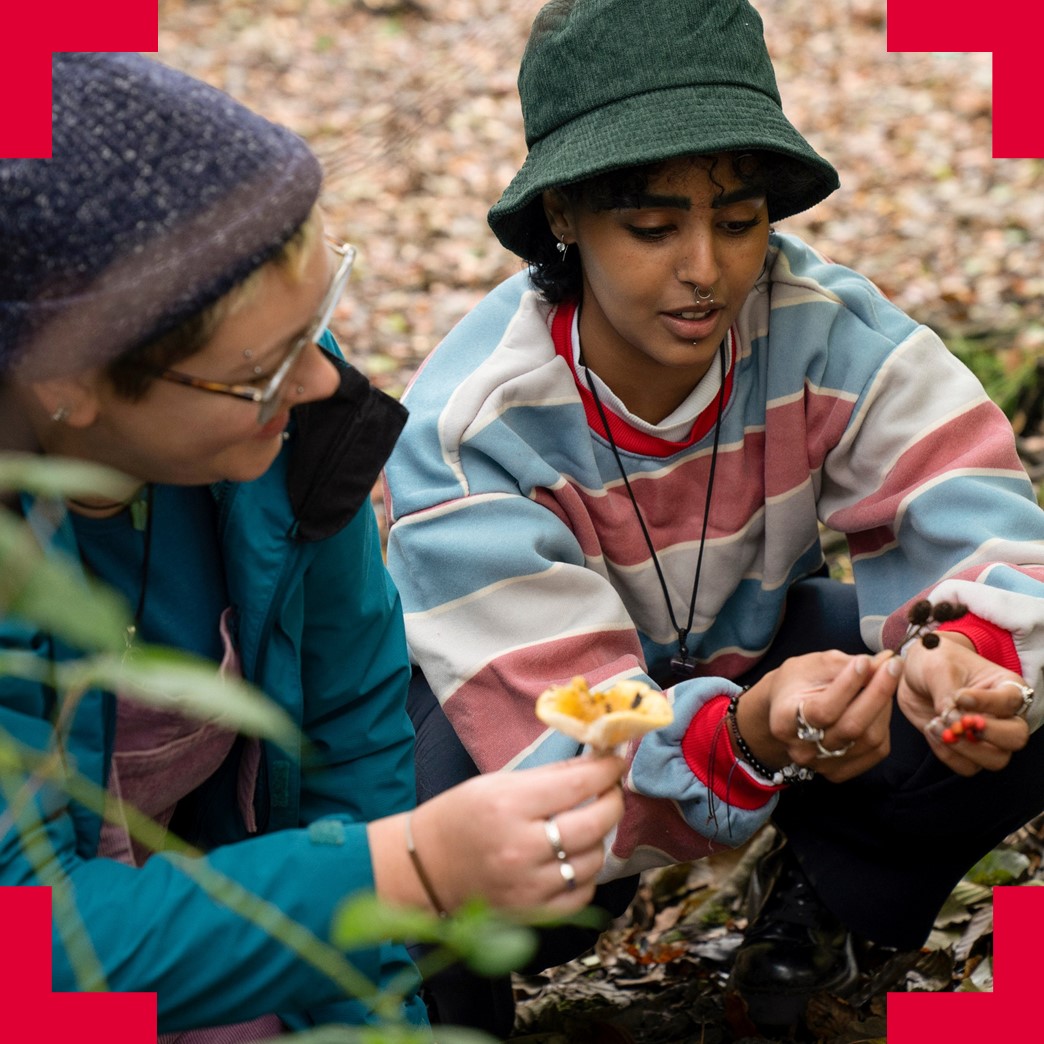-

The world faces unprecedented challenges of ecological sustainability, including climate change, biodiversity loss and depletion of natural resources. Educators and researchers are well-placed to engage with these issues by considering how our curriculums can respond to these challenges. Little research …
-

What if we all refused to buy anything that harms the environment, including goods and services that add to carbon in the atmosphere, impair our health, or impact upon wildlife?
In a previous Brigstow funded research project ‘I Didn’t …
-

While using a washing-machine is a highly routinised domestic practice, its environmental implications have extensive detrimental environmental effects. Washing machines require high inputs of energy, water and detergents; leaching chemicals and microplastics into the environment through waste water effluent. At …

Brigstow brings researchers from different disciplines together with a range of partners across the city and beyond to experiment in new ways of living and being.






